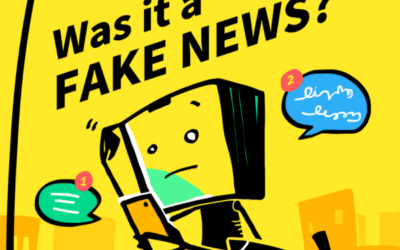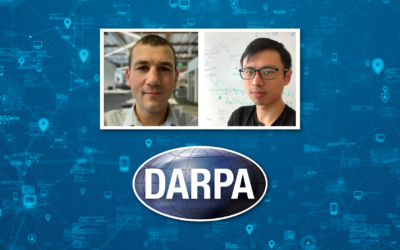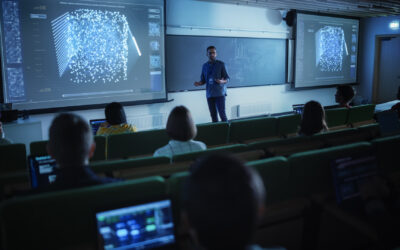As journalists and professional fact-checkers struggle to keep up with the deluge of misinformation online, fact-checking sites that rely on loosely coordinated contributions from volunteers, such as Wikipedia, can help fill the gaps, Cornell research finds.
Cornell AI News
News Category
Filter by Topic
Doellgast research offers insight into AI protections for workers
Taking lessons from Germany and Norway, Professor Virginia Doellgast demonstrates how different tactics can be used to protect workers from algorithmic management and AI technology abuses.
Computer scientists awarded $3M to bolster cybersecurity
A team of Cornell computer scientists has been awarded a $3 million grant from the Defense Advanced Research Projects Agency to leverage reinforcement learning to make computer networks stronger, dynamic and more secure.
Cisco Research, Cornell Bowers CIS announce partnership
Cisco Research is providing funding for six research projects that will further the college’s leadership in AI and point the way toward innovative solutions to challenges surrounding the use and development of AI models
First JFI-Brooks Fellowships fund studies of government anti-poverty programs and AI policy
The first JFI-Brooks Fellowships scholars will research regulatory frameworks for artificial intelligence and the long-term impact of welfare reform-era policy changes on recipients and their children.
NIH funds cross-campus effort to train experts in AI and nutrition
Faculty offered guidance for teaching in the age of ChatGPT
A university committee has released recommendations for how faculty can take generative artificial intelligence into account when considering learning objectives for their students.
Cornell introduces new AI-focused Board Governance program
Board Governance: Navigating Emerging Technologies and More in a Complex World, a new Cornell Tech immersion program, is set to prepare corporate board members for fast-paced evolutions driving the future of commerce.








